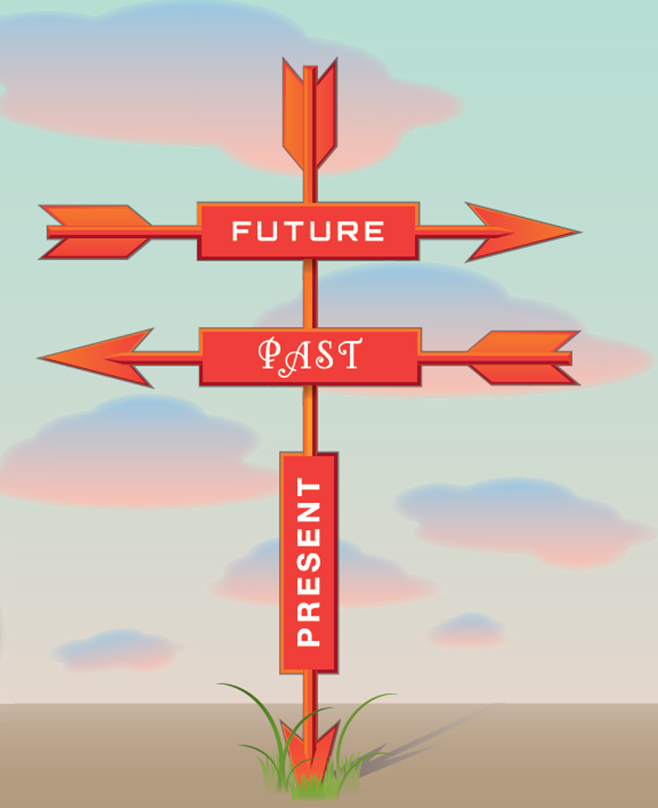A better pre-registration year experience for all
In Views
Follow this topic
Bookmark
Record learning outcomes
 Scotland's approach to pre-registration training has been a good one, says Noel Wicks
Scotland's approach to pre-registration training has been a good one, says Noel Wicks
For pharmacists reading this, you will no doubt, like me, look back on the memories of your pre-registration training year through a rather substantial pair of rose-tinted spectacles.
 Undoubtedly, you were then a model student who turned up each day with a burning desire to deliver the highest possible levels of pharmaceutical care. You most certainly won't have gone through the labelled prescriptions to pick out the easiest ones. There would have been no bunking off to the store room for a five-minute skive and, of course, you wouldn't have had too much wine at the Christmas party and been sent home early for your own good.
Undoubtedly, you were then a model student who turned up each day with a burning desire to deliver the highest possible levels of pharmaceutical care. You most certainly won't have gone through the labelled prescriptions to pick out the easiest ones. There would have been no bunking off to the store room for a five-minute skive and, of course, you wouldn't have had too much wine at the Christmas party and been sent home early for your own good.
Pre-reg was a happy time that seemed to help chart that tricky transition from full-time student to full-time worker (the latter being significantly more exhausting than the former). It was a time for putting theory into practice, honing your people skills and generally preparing to take on the responsibilities of a pharmacist.
An abiding memory I have from my pre-reg year comes from a study day back at the University. I recall sitting around a lunch table listening to the wide variety of experiences that people were having on their placements. The differences weren't just because they were working in different sectors. Instead, it related to who their tutor was, what the staff were like to work with, and how structured their learning was, or in some cases, wasn't. I remember being shocked that people were having such varied experiences, because I thought, perhaps naively, that there would be a large degree of standardisation.
Of course, in the end, whatever people's experiences had been, the vast majority of the group passed the pre-reg and subsequent exam and went on to join the register. But my experience during that 12 months did make me wonder how our training year was meant to develop us as young professionals, and whether it actually achieved that or not.
So, it didn't come as a big surprise when some years later NHS Scotland decided to take a greatly enhanced role in deciding what does and doesn't happen in the pre-reg year. This change was the result of a report from the National Pharmaceutical Forum that highlighted inconsistencies in the training that preregistration pharmacists were receiving.
The result was a paid-for centralised scheme that looked to ensure that all NHS-funded preregistration placements were up to standard and quality assured. A key point is that, ultimately, it's the NHS that decides how many places it would like to fund, rather than allowing this to be dictated by the number of graduates applying or spaces available.
On the whole, this has meant a significant step forward for how future pharmacists are prepared for qualification and life as professionals. It has also constrained and regimented what we do as an employer, bringing with it a more sensible and systematic approach to recruiting and training tomorrow's pharmacists.
A similar scheme is now on the agenda in England, and against the backdrop of limited NHS funds, it means facing the very difficult dilemma of quality versus quantity. So, which should it be?
Noel Wicks is an independent pharmacist.
My experience did make me wonder how our training year was meant to develop us as young professionals, and whether it actually achieved that or not
